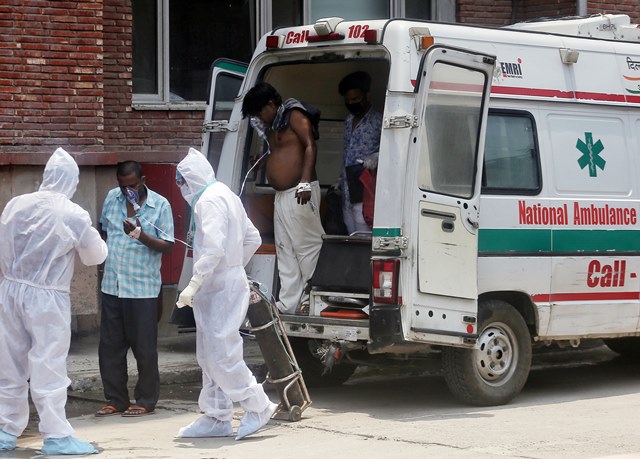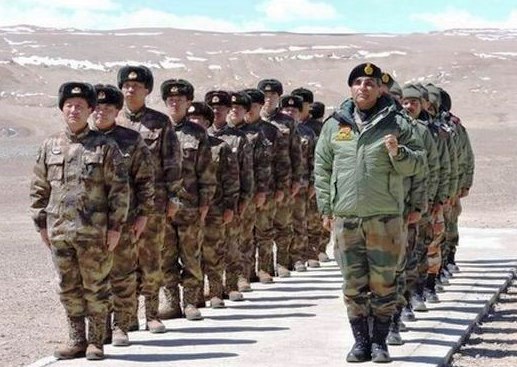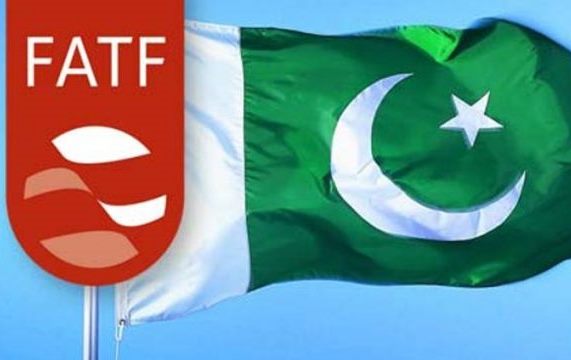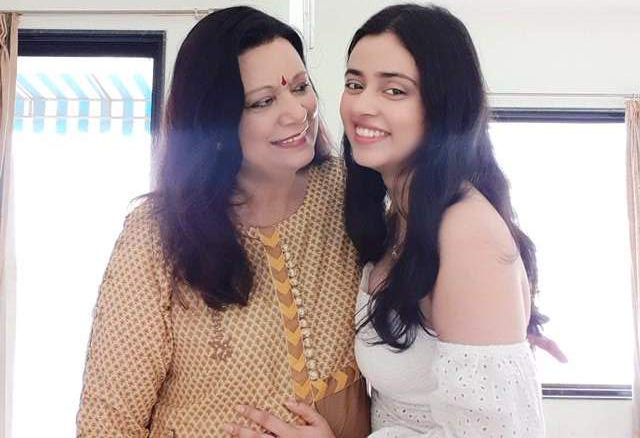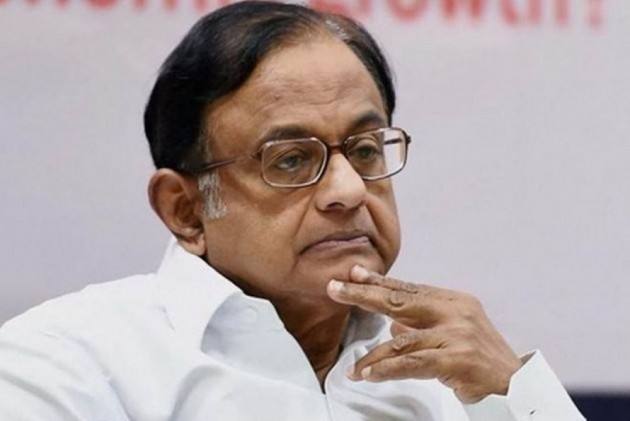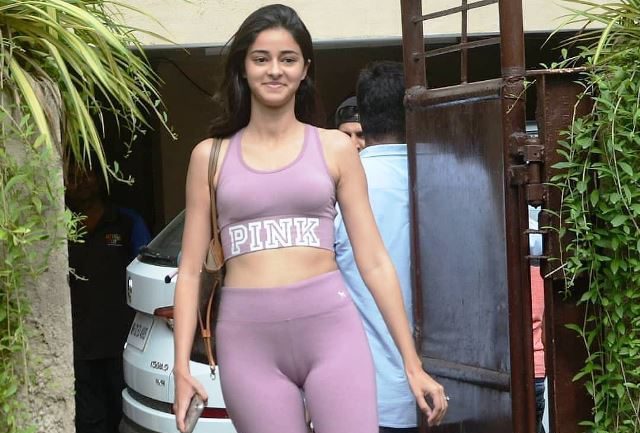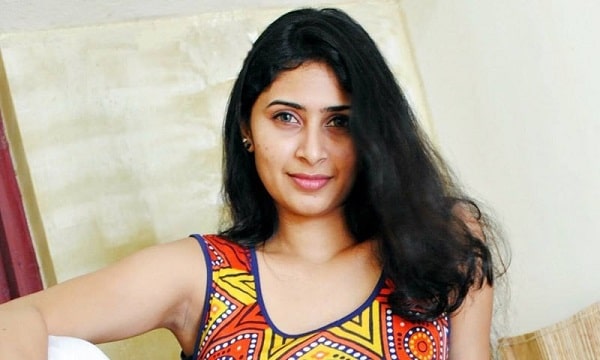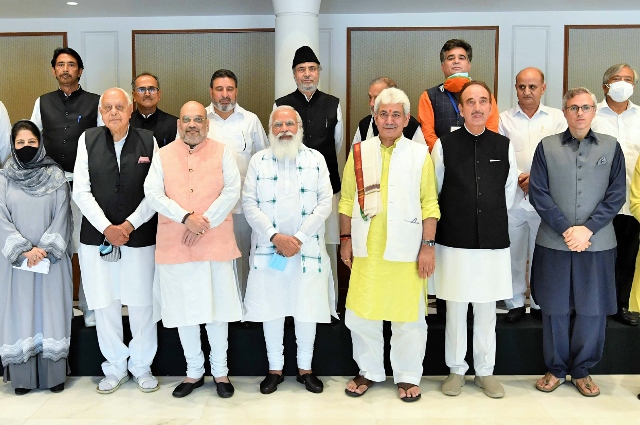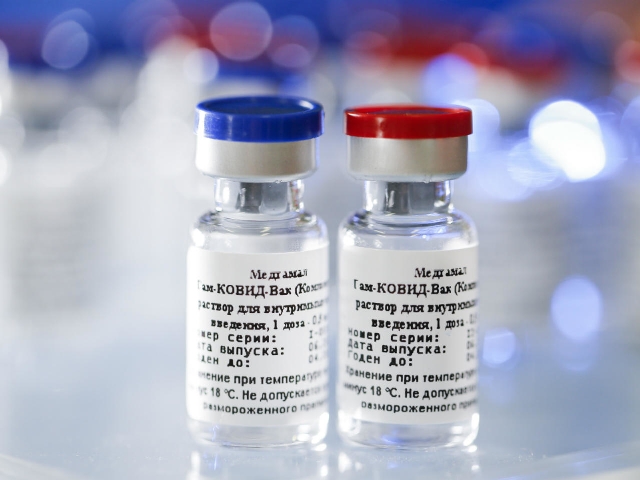Pakistan will continue to remain on the Financial Action Task Force’s (FATF) ‘grey list’ for failing to effectively implement the global FATF standards and over its lack of progress on investigation and prosecution of senior leaders and commanders of UN-designated terror groups.
Announcing the decision at a virtual press conference five-day plenary meeting, FATF President Dr Marcus Pleyer said Pakistan will remain on the grey list till it addresses all items on the original action plan agreed to in June 2018 as well as all items on a parallel action plan handed out by the watchdog’s regional partner – the Asia Pacific Group (APG) – in 2019.
Pleyer noted that “Pakistan has made significant progress and it has largely addressed 26 out of 27 items on the action plan it first committed to in June 2018.”
He, however, added that the item on financial terrorism still needed to be addressed which concerned the “investigation and prosecution of senior leaders and commanders of UN-designated terror groups”.
He also pointed out that “a separate process has been taking place over the past few years” insofar as Pakistan was concerned.
Pakistan has been on the FATF’s grey list for deficiencies in its counter-terror financing and anti-money laundering regimes since June 2018.
“Back in 2019, FATF regional partner, the Asia Pacific Group (APG), identified a number of serious issues during its assessment of Pakistan’s entire anti-money laundering and counter-terrorist financing system. Since then Pakistan has made improvements. This includes clear efforts to raise awareness in the private sector to money laundering risks and to develop and use financial intelligence to build cases,” he said.
But, he said, Pakistan was still “failing to effectively implement the global FATF standards” across a number of areas.
The FATF president asserted that the risks of money laundering remain high which in turn can fuel corruption and organised crime.
The virtual meeting of the FATF plenary took place under the presidency of Dr Marcus Pleyer, while delegates representing 205 members of the Global Network and observer organizations including the International Monetary Fund, the United Nations and the Egmont Group of Financial Intelligence Units were also in attendance.
Continuation on the ‘grey list’ for Pakistan means that it will not get any respite in trying to access finances in the form of investments and aid from international bodies including the International Monetary Fund (IMF).
Pakistan is facing the difficult task of getting its name off from the FATF grey list. As things stand, Islamabad is finding it difficult to shield terror perpetrators and implement the FATF action plan at the same time.
The watchdog’s president said all items on both action plans needed to be addressed and goals fulfilled for countries to exit the grey list.
For Pakistan, Pleyer said, even after the last remaining item on the original action plan was addressed, delisting would not occur as there was a parallel action plan that was also given.
“As soon as this last remaining item of the action plan is largely addressed, the members will decide whether they will grant an onsite for this action plan. Usually once an onsite has been successfully completed, the membership can decide on delisting a country,” he said
“But in this case, we have a parallel action plan with all the action items in the second action plan. Then Pakistan must also largely complete all the items on this action plan and then there will be a separate onsite [assessment] to decide on this action plan,” he added. (ANI)
